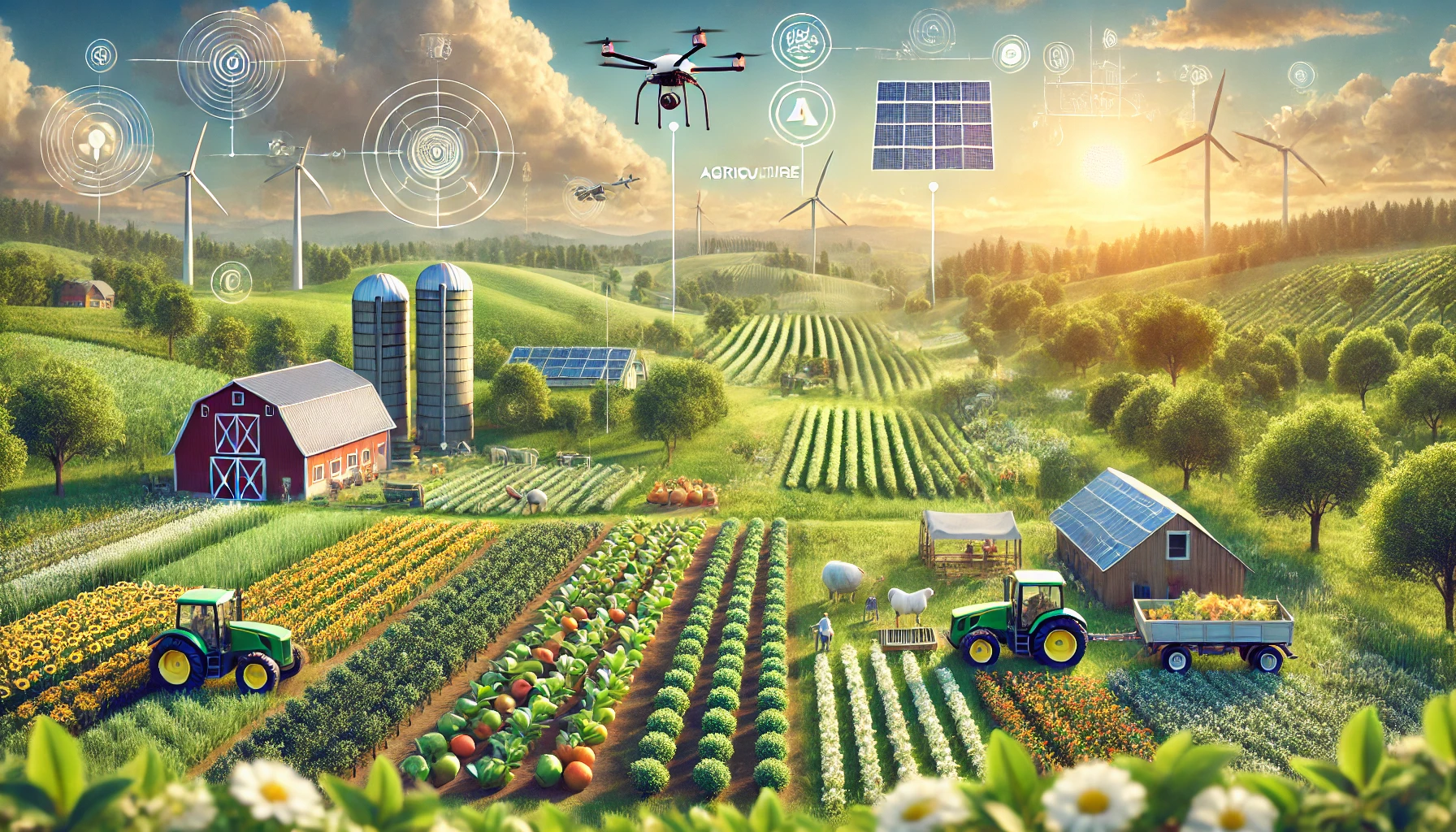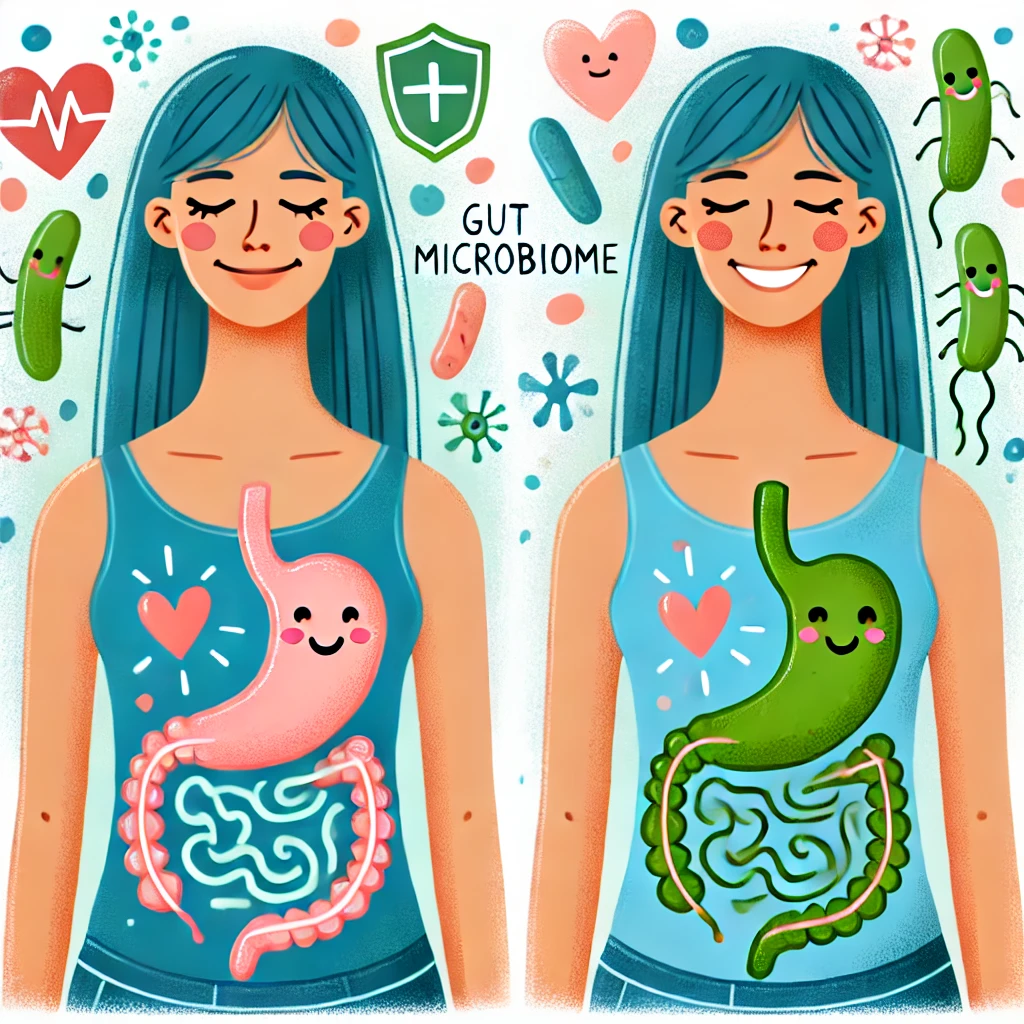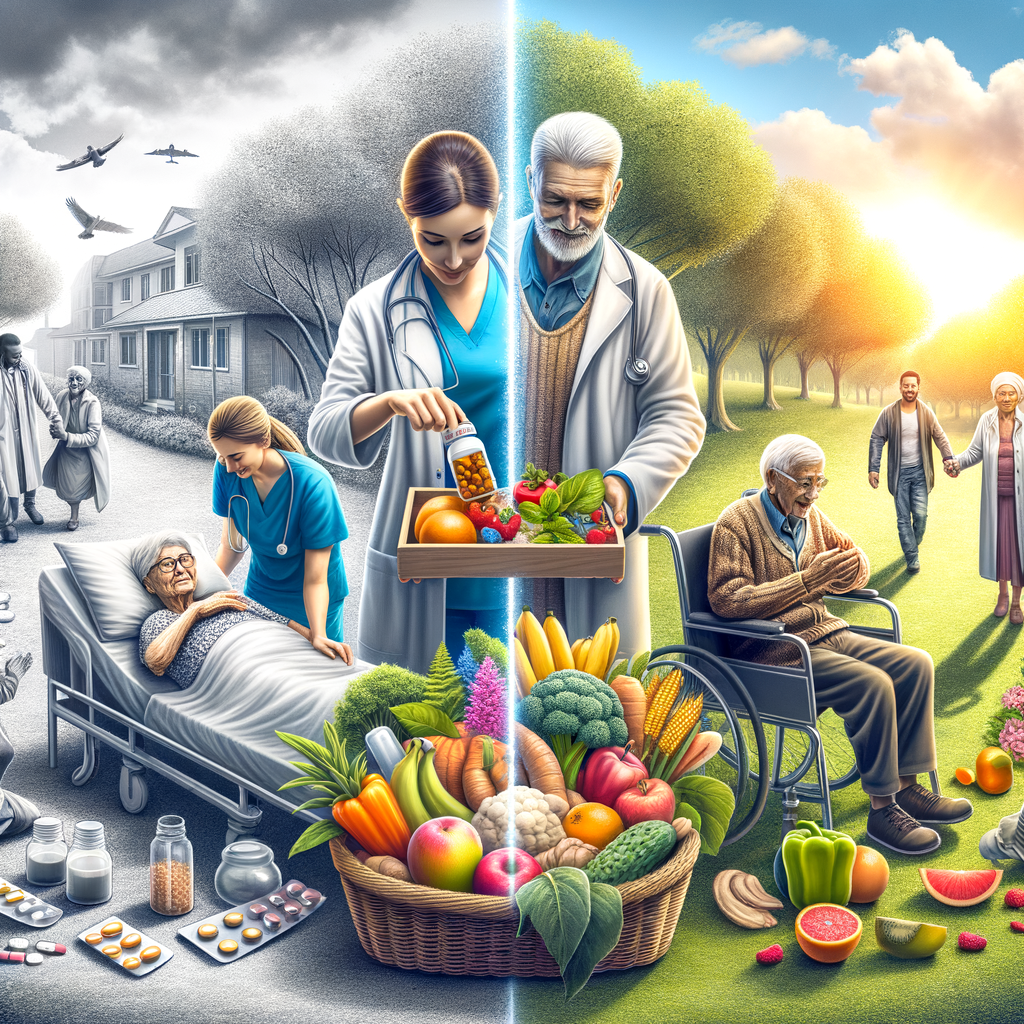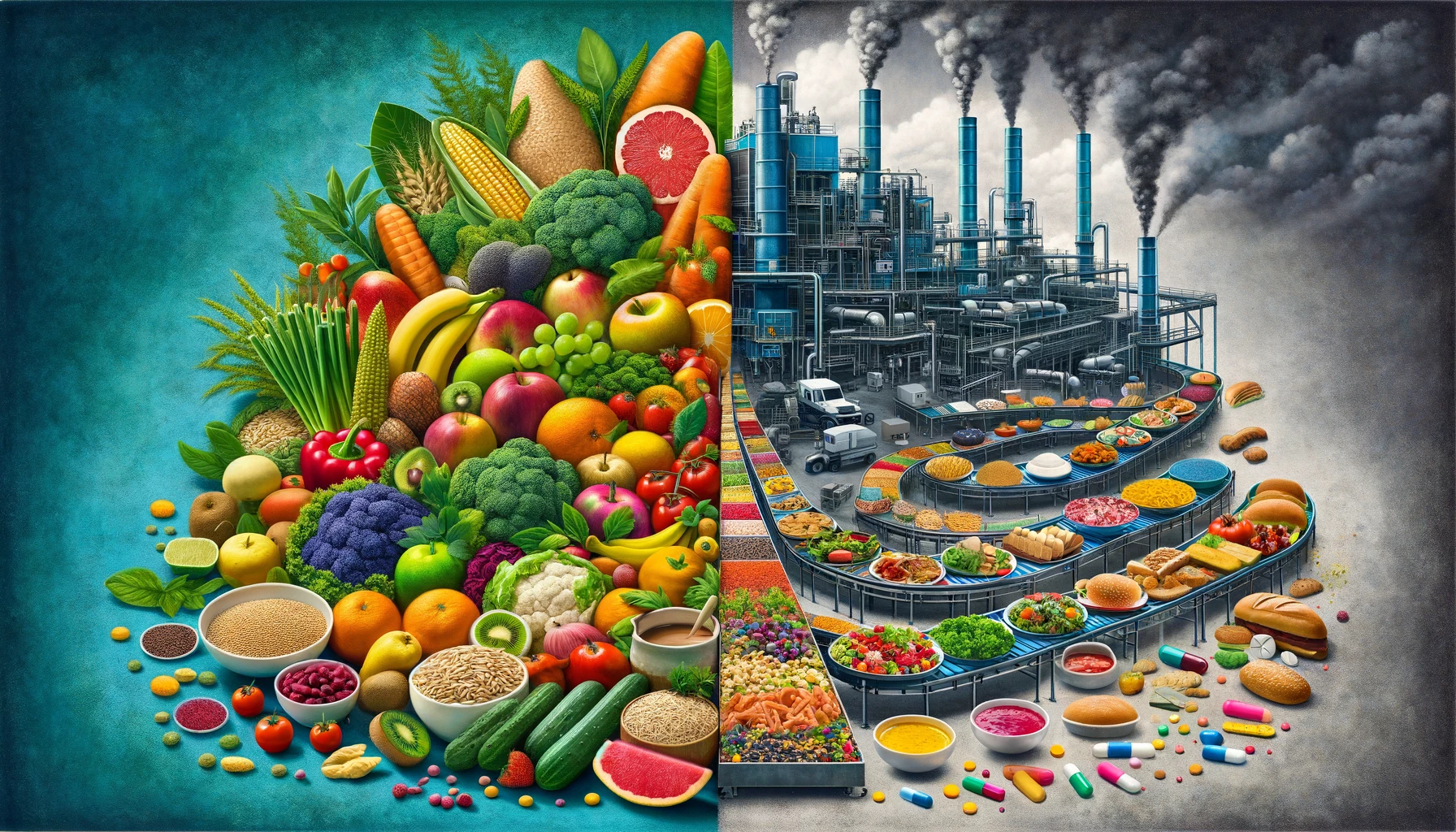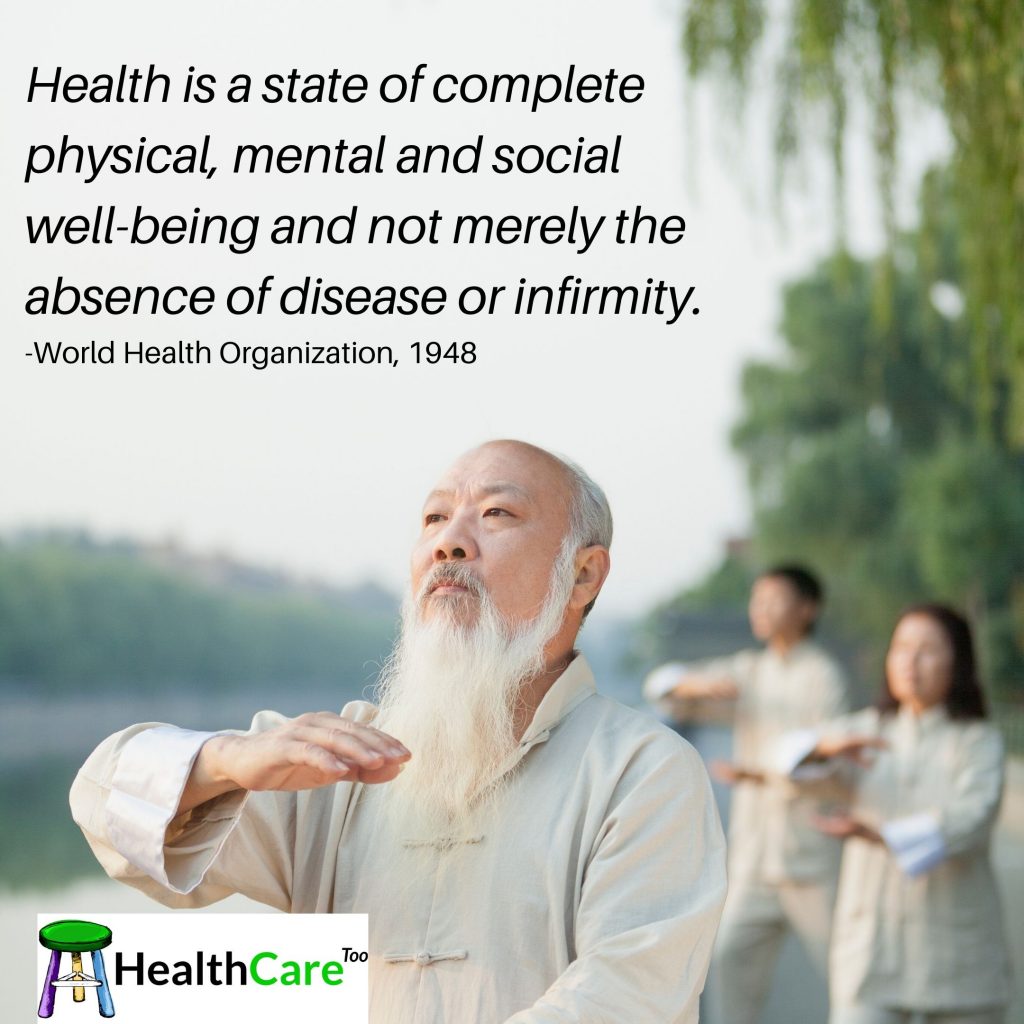
Your Health & Wellbeing
What Is Health?
In 1948 the World Health Organization (WHO) defined “health” in the Preamble to its Constitution. It has not changed since that time.
Health is a state of complete physical, mental and social well-being and not merely the absence of disease or infirmity.
Over 70 years later that definition not only stands but may be even more critical. Health is about complete wellbeing (or well-being). To understand what is health, we must look beyond the walls of our clinics. Tired of paying more for health and getting less, Americans are doing just that.
Complete Physical, Mental and Social Well-being
Studies show that the approach to well-being is heavily influenced by generation and other demographics.
For Baby Boomers (1944 – 1964) there was less questioning of healthcare and providers. New medical devices, pharmaceuticals, procedures and more put an end to many communicable diseases and gave new hope for trauma victims.
Generation X, or Gen X, (1965 – 1979) also benefited from modern medical miracles. But Gen X also saw the “hollowing out” of the American middle class with stagnant wages, off-shoring, and rising healthcare costs. What were once fringe therapies like acupuncture or yoga became widely-accepted as Gen Xers become more involved in wellbeing. Even as Gen X is nearing mid-life they are looking for opportunities to enhance their wellbeing instead of attempts to buy back youth with a sports car.
Americans continue to take their wellbeing into their own hands, with their own wallets. Articles like This is the insane amount millennials are spending on fitness detail the significant investments Millennials (1980 – 1994) are making for better wellbeing. Whether niche exercise classes or meditation or healthier foods, millennials are perhaps leading the change toward complete wellbeing. However, this millennial spending for wellbeing also puts additional financial pressures on the generation.
Gen Z (1995 – 2015) seems to be building on of the Millennial interest in a more holistic approach to wellbeing. However, they are more fiscally conservative and more likely to engage in social causes. Perhaps even more closer aligned with the WHO definition of health.
Not Merely The Absence Of Disease Or Infirmity
The US “health care” system exists for disease and infirmity across all these generations. That is why we have hospitals, to address disease and infirmity (if you can afford it). There are insignificant/no payments to keep people healthy. This is not necessarily wrong. It worked for a number of years when there was more danger from infectious diseases or trauma to Americans. However, the epidemic of (largely preventable) chronic illnesses has turned that model upside down.
The US has a “sick care” system that was the gold standard when the leading causes of death were communicable diseases and trauma. The leading causes of death worldwide now are non-communicable diseases, “deaths of despair“, and medical errors. These are problems that stem from the absence of wellbeing, not disease or infirmity.
However, where the “sick care” system fails, consumers and visionary healthcare providers work for new and better approaches.
Additional Health & Wellbeing Articles
Search or Browse HealthCare Too‘s articles!
- All
- Acupuncture
- Aging
- Animal Health
- Aromatherapy
- Ayurveda
- Cancer
- Chronic Disease
- Diabetes
- Environment
- Essential Oils
- Financial Health
- Fitness
- Gut Health
- Health Consumer
- Heart Health
- Herbalism
- Holistic Programs
- Homeopathy
- Lifestyle
- Light Therapy
- Loneliness
- Massage
- Mental Health
- Mindfulness
- Music Therapy
- Nutrition
- Obesity
- Pain Management
- Pets
- Skincare
- Sleep
- Social
- Spirituality
- Stress
- Tai Chi
- Technology
- Telehealth
- Traditional Chinese Medicine
- Uncategorized
- Wellness and Wellbeing
- Women's Health
- Yoga

